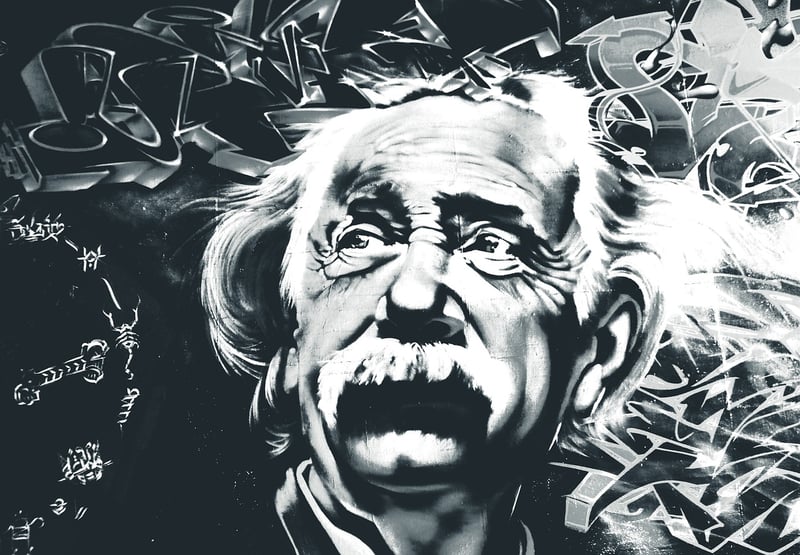Scientific Theories
The Fascinating World of Time Travel Technology and Scientific Theories
Introduction
Time travel has captivated human imagination for centuries, inspiring countless works of science fiction. While the concept of time travel may seem like pure fantasy, scientists and researchers have delved into the realm of theoretical physics to explore the possibility of traversing time. In this article, we will explore the fascinating world of time travel technology and the scientific theories that underpin this intriguing concept.
Understanding Time Travel
Time travel refers to the theoretical concept of moving between different points in time, similar to how we move between different points in space. While time travel has not been achieved yet, several scientific theories provide a framework for understanding how it could potentially be realized.
Scientific Theories of Time Travel
1. Special and General Relativity
Albert Einstein's theories of special and general relativity form the foundation for modern physics and our understanding of spacetime. According to these theories, time is intertwined with space to form a four-dimensional continuum known as spacetime. Gravitational forces can warp spacetime, potentially allowing for the bending of time itself.
2. Wormholes
Wormholes, also known as Einstein-Rosen bridges, are theoretical passages through spacetime that could create shortcuts for long journeys across the universe. If traversable wormholes exist, they could potentially enable time travel by connecting two distant points in spacetime.
3. Time Dilation
Time dilation is a phenomenon predicted by Einstein's theory of relativity, where time passes at different rates for observers in different reference frames. This effect has been experimentally verified and is a crucial concept for understanding the potential for time travel.
Challenges and Ethical Considerations
While the concept of time travel is intriguing, numerous challenges and ethical considerations must be addressed before it can become a reality. Paradoxes such as the grandfather paradox, where a time traveler could alter the past in a way that prevents their own existence, pose significant obstacles to the feasibility of time travel.
Conclusion
Time travel remains a captivating topic that pushes the boundaries of our understanding of the universe. While the technology to travel through time is still the stuff of science fiction, ongoing research and exploration of theoretical physics continue to inspire new possibilities for unlocking the secrets of time.
For more information on time travel and scientific theories, visit Space.com.


